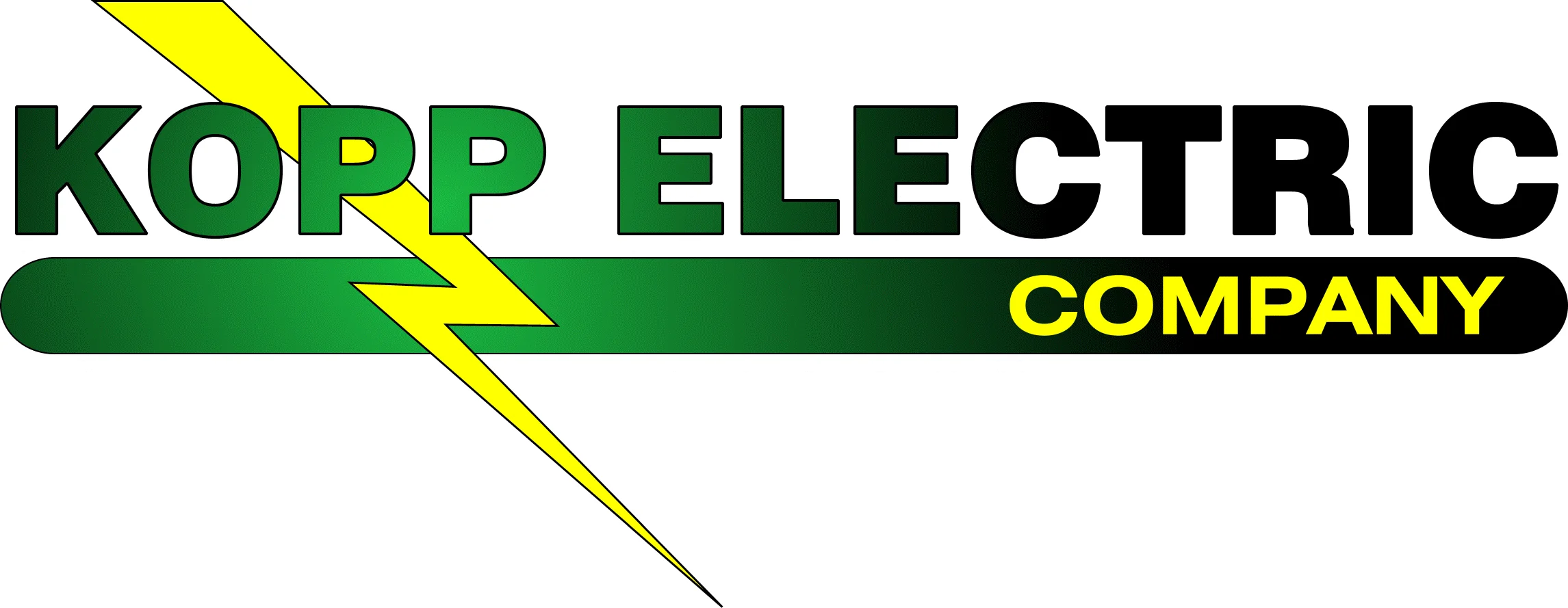Unlock Savings With Solar Panels In NJ
Our Solar services
Why Go Solar With Kopp Electric?
Kopp Electric is a leading name in solar panel installations in NJ, ensuring you get the best in renewable energy technology. Our clients enjoy a reduction of 25-35% in their traditional power costs. Plus, you can take advantage of federal and state rebates and incentives to make your transition to solar even more cost-effective.
Residential Solar Installations
Integrate solar energy into your home for maximum energy production and savings.
- Site assessment and system design
- Professional installation and maintenance
- Efficiency assessments and upgrades
Commercial Solar Solutions
Tailor-made solar solutions to meet your energy needs and reduce operational costs.
- Solar system tailored to your needs
- Professional installation and integration
- Investment analysis and assistance
Municipal Solar Projects
Renewable energy projects that empower public spaces and facilities.
- Public space and facility systems
- Solar lighting and infrastructure projects
- Renewable energy strategy development
Let Kopp Electric
Power Your Future
Residential Commercial Municipal Generators Solar
Increase Your Property Value With Solar Panels
Investing in solar panels in NJ reduces your energy bills and increases the value of your property. Studies have shown that for every $1,000 saved annually on energy costs, a home's value can increase by $20,000. Solar energy is not just an energy solution; it's one of the best home improvement investments you can make, ensuring a higher resale value for your property.
The Kopp Electric Advantage
Our team of skilled professionals has extensive experience in designing and installing solar systems that maximize energy production and savings. We use only the highest-quality solar panels and equipment to ensure long-lasting performance and reliability. Each solar solution is tailored to your unique needs, ensuring optimal efficiency and aesthetics. From initial consultation to post-installation support, we're with you every step of the way, ensuring a seamless transition to solar energy.

